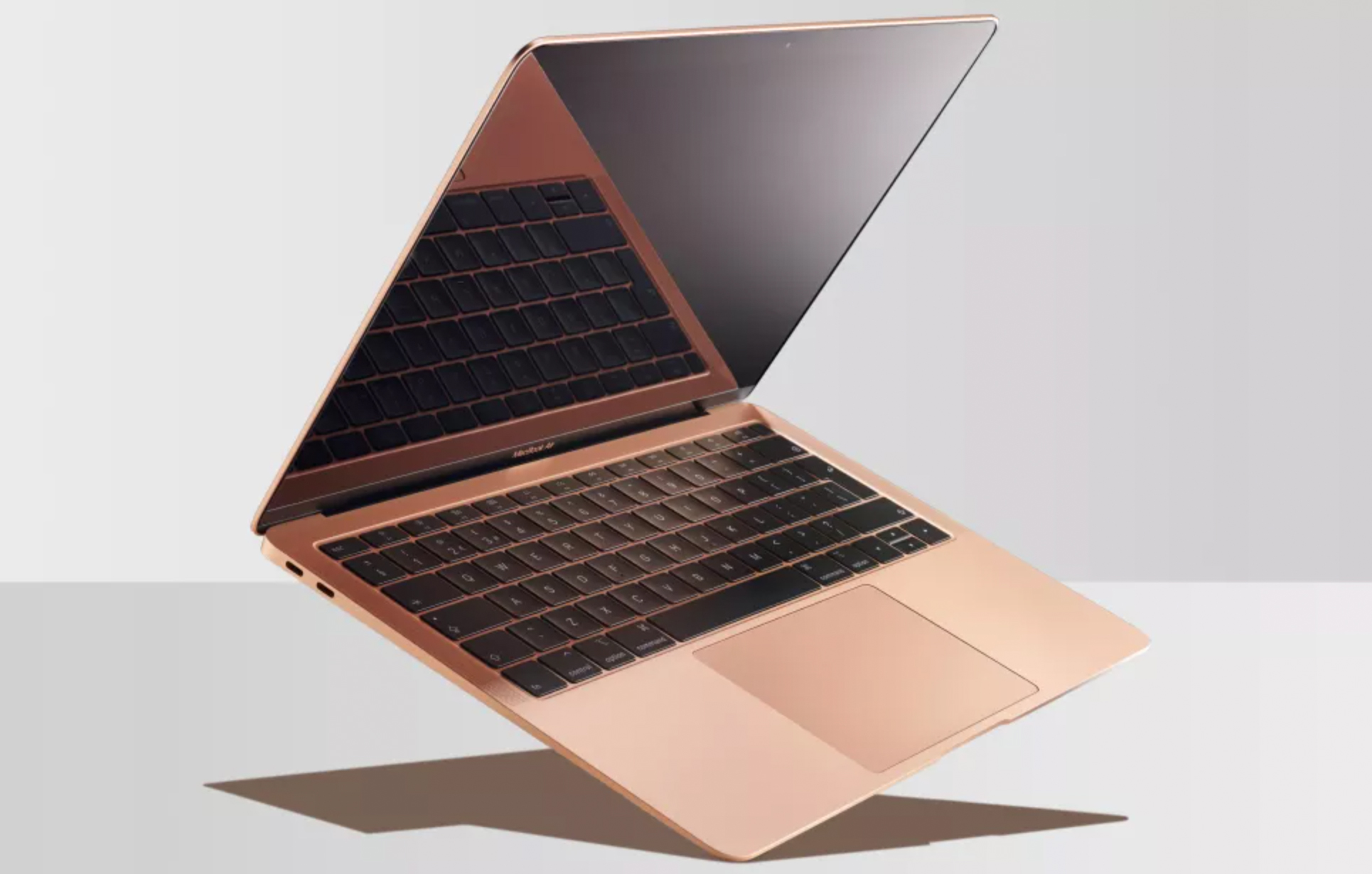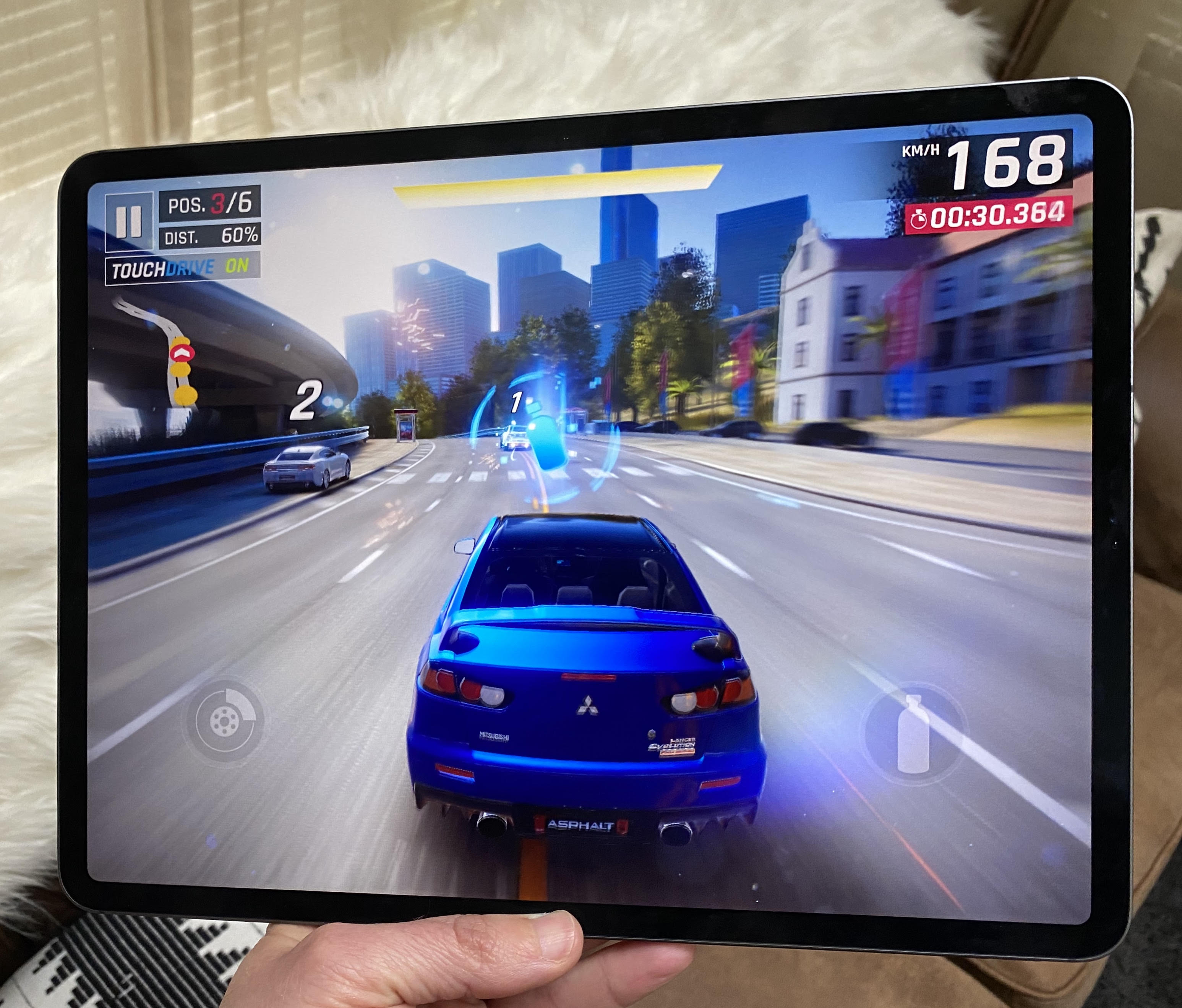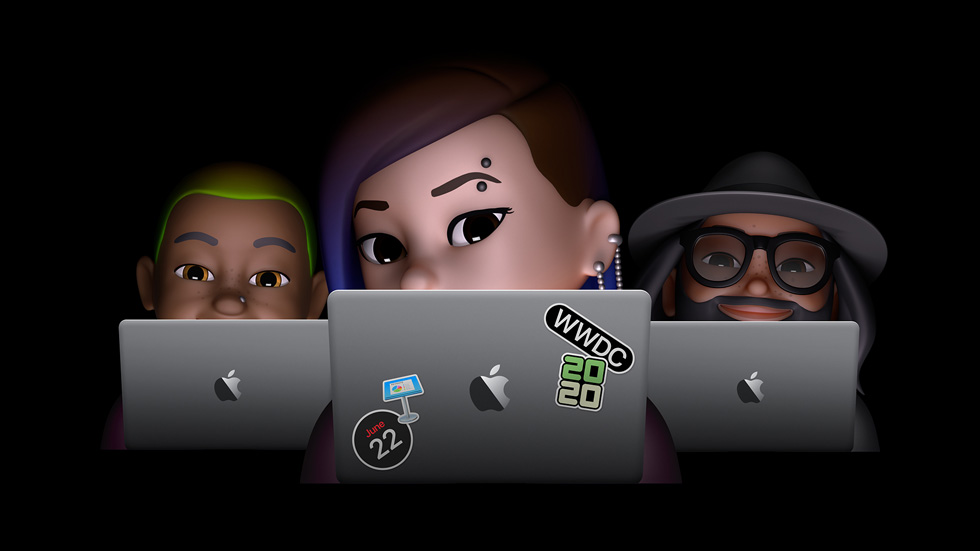5 reasons you’ll want to upgrade to an ARM MacBook
Apple’s about to build its own laptop chips — here’s why that’s a smart move

After years of rumors, it appears that Apple is finally going to commit to release Macs that run on Apple-designed ARM processors rather than chips made by Intel. Based on reports, the announcement could come as soon as this month's WWDC 2020 event, though Apple wouldn't make the switch until 2021 to give developers enough time to adjust.
If there's a company that is perfectly positioned to make this switch happen, it's Apple. Not only has Apple already pulled this trick off twice before, but it stands to benefit enormously by ditching Intel for the company that's making the best mobile processors in the business — Apple itself.
- Best laptops you can buy right now
- Android TV leak reveals killer feature to beat Roku
- Plus: Stunning iPhone 12 design reveals the new look we really want
Here, then, are the top five reasons why you'll want to seriously consider buying a new Mac laptop powered by Apple-designed processors.
They're going to be blazing fast
Apple's processors are already the hands-down champions in the mobile world. In the past few years, Apple's been shipping new iPhones with upgraded processors before Android phones have even caught up with the previous iPhone. When Apple released the iPad Pro in late 2018, the company claimed the tablet was faster than more than 90 percent of all laptops sold that year.

One reason the current-model iPad Pro is faster than most laptops is its abundance of processor cores. Last year Apple unveiled a high-end configuration of the 16-inch MacBook Pro with eight processor cores, but the iPad Pro has had eight cores since 2018. The current model has four cores that are focused on energy efficiency, and four that are designed to maximize performance. The system dynamically switches between them — and can even use all eight simultaneously to maximize processing power. Let's not mention the seven (eight on 2020 models) cores in the Apple-designed GPU, and the machine-learning Neural Engine cores.
And that's a processor from 2018 designed for an iPad. What do you think Apple will do in 2021, with a processor designed with higher-stress Mac performance in mind? It's hard to imagine that ARM-based Mac laptops won't be packing serious power.
Mobile chips are famously good at power efficiency
Laptops aren't just about maximizing power, of course — they need to balance performance with battery life and weight. Apple's ARM processors have always been designed for devices with batteries, iPhones and iPads and even Apple Watches.

It will be interesting to see how Apple balances these two points. The current iPad Pro and MacBook Pro models both claim 10 hours of battery life, suggesting that Apple's might be more likely to shoot for a reasonable target battery life. Regardless, it's hard to imagine that Apple's own processors won't be specifically tuned to maximize battery life when necessary — and do a far better job than Intel processors do.
Apple chips will run cooler and quieter
Modern Apple has released a single laptop with a passive cooling system — the fanless 12-inch MacBook, which had an underpowered Intel processor and some serious thermal throttling issues. Meanwhile, the iPad has never had a fan, not even that eight-core iPad Pro.
An ARM Mac laptop should run cooler than its Intel counterparts.
Fundamentally, an ARM Mac laptop should run cooler than its Intel counterparts. This could mean that ARM Mac laptops need to be throttled less, allowing them to run faster and do more work. It could also mean that Apple can dial back the fans on its active cooling systems, leading to a quieter laptop. And who knows, maybe Apple will even venture back into the realm of a fanless Mac laptop — this time, with a processor that's capable of delivering performance without needing to blow air over it.
Most apps will run natively
Reports suggest that Apple will announce the move to ARM this month, but won't ship ARM Macs to consumers until 2021. That means Mac developers will have six months to update their apps to support ARM.

Most app makers won't need nearly that long. When Apple moved the Mac to Intel, many developers had to move house from third-party development environments to Apple's in-house tools. Today's Apple development landscape is largely a monoculture, with Mac, iPhone, iPad, Apple Watch and Apple TV development all happening within a single app: Apple's own Xcode.
In fact, Xcode is already able to compile software for both Apple and Intel processors. When a developer tests their iOS app on their Mac, they're running a version built for Intel. The version that goes to the App Store is, of course, compiled for Apple's processors. Apple has carefully built its compiler toolchain and even added support for intermediate bytecode so that apps can be recompiled at the App Store level for iOS.
All the pieces are in place. Any app that's actively being developed should be ready for ARM Macs on day one. It will put the Mac's previous chip transitions to shame. And if you’re wondering why Apple won’t have the same trouble Microsoft and its partners have had with ARM devices, the answer is simple: Apple’s complete control over its platform allows it to move everything — hardware, software, development tools, and apps — wherever it needs them to go. Apple has transitioned the entire Mac product line to a new processor architecture before, and it’ll do it again.
Older apps will probably still work
Both previous Mac chip transitions came with a bit of bridging technology that allowed software compiled for the previous processor architecture to run on the new one. Rosetta, which translated PowerPC code into Intel code, ran software on Intel Macs at about 80 percent speed. Not great, but usable. Assuming Apple offers a similar technology (and I have a hard time believing it won't), apps that haven't been updated should still be compatible.
In fact, Apple has probably hidden its biggest move to ARM compatibility in plain sight. macOS Catalina, released last fall, dropped support for 32-bit Mac apps. While deprecating old tech happens all the time, it seems suspiciously like Apple was ripping out a bunch of old technology it didn't want to try to support on the ARM version of macOS. If your software runs on Catalina, I have a hard time imagining it won't run on macOS for ARM.
The biggest threat to software compatibility is likely to be policy, not technology. Apple has been gradually tightening its policies about what apps are allowed to run on macOS, requiring cryptographic signing and automated notarization by default. On Intel Macs today, users who are comfortable bypassing those security checks can do so, and run software from any source. Would Apple further restrict apps on an ARM version of macOS, so that those choices were no longer possible? They certainly could, but I wouldn't bet on it.
What's not to like?
Any processor transition is going to have some drawbacks. If you run Windows on your Mac laptop — either via Boot Camp or in virtualization — then an ARM laptop will be a harder sell. Perhaps someday the ARM version of Windows will be virtualizable on macOS with minimal performance hits, but in the short term running Windows is going to be ugly and slow if it's possible at all.
There will also undoubtedly be some surprise compatibility issues, and if you rely on software that's not actively being developed, you may run into trouble. (If you've been avoiding macOS Catalina because you still rely on some 32-bit software, you'll definitely be out of luck.) And moving an entire platform to a new processor architecture — even if it's made by the same company who built the computer and wrote the operating system — is bound to have some bugs.
But the advantages of Apple moving Macs to ARM are obvious. Quite frankly, they've been obvious for a few years now. Apple processors have been leaving their mobile-device competitors in the dust for a while; soon, it'll be time for PC laptops to eat Apple's dust, too.
Sign up to get the BEST of Tom's Guide direct to your inbox.
Get instant access to breaking news, the hottest reviews, great deals and helpful tips.
Jason Snell was lead editor of Macworld for more than a decade and still contributes a weekly column there. He's currently running the Six Colors blog, which covers all of Apple's doings, and he's the creative force behind The Incomparable, a weekly pop culture podcast and network of related shows.
